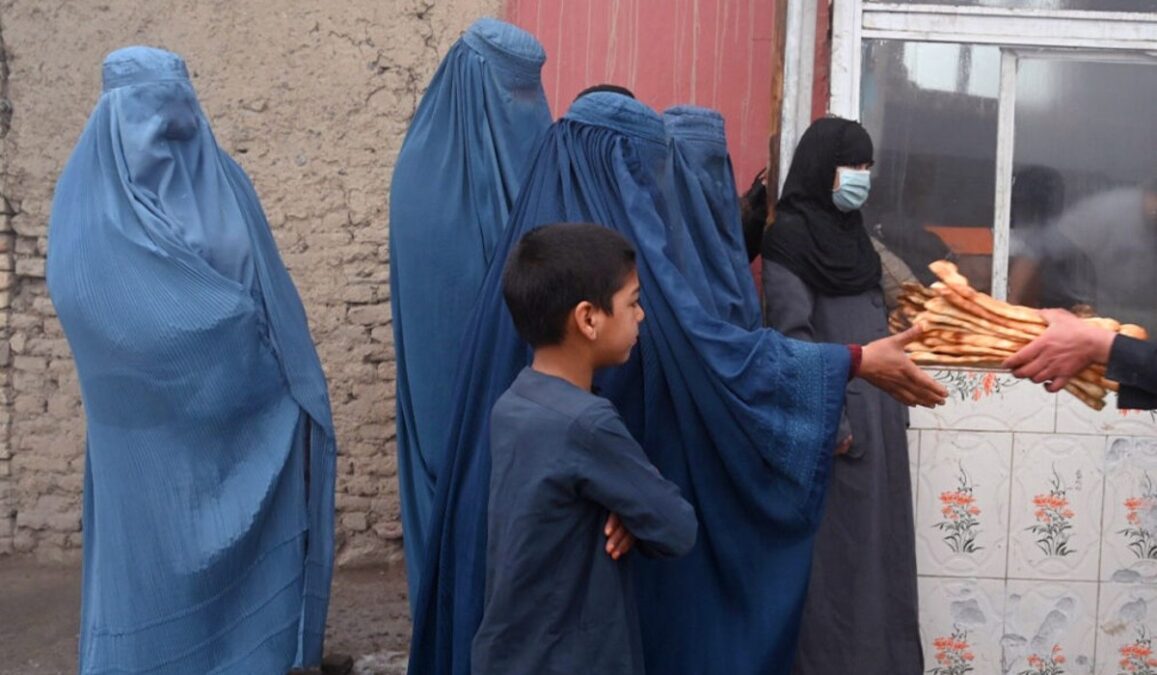The World Bank said in a report this week that seven countries including Afghanistan, face “catastrophic” levels of food insecurity.
According to the report, the countries are Afghanistan, Burkina Faso, Haiti, Nigeria, Somalia, South Sudan, and Yemen.
The report added that the number of people experiencing acute food insecurity is the highest on record since the Global Report on Food Crises started reporting data in 2017.
“In seven countries, some affected populations faced catastrophic levels of food insecurity, which indicates the threat of famine and extremely critical levels of malnutrition in several areas of the countries, marking the most countries facing such extreme levels of food and nutrition insecurity in the report’s history,” the report read.
Meanwhile, UNICEF also warned this week that it is facing a lack of critical food aid in Afghanistan due to a shortage of funding, amidst a widespread humanitarian crisis in the country.
“Thousands of children could die from severe acute malnutrition,” said Melanie Galvin, chief of nutrition at the United Nations Children’s Fund, in a video message on Twitter.
Galvin added that 875,000 children in Afghanistan will suffer from life-threatening acute malnutrition this year.
She said that UNICEF in Afghanistan faces an urgent funding gap of $21 million to purchase essential supplies for treating malnutrition and training health workers around the country.
“In Afghanistan, we are facing a critical funding gap for ready-to-use therapeutic food, (RUTF)” she said.
RUTF is an energy-dense paste consisting of milk powder, vegetable oil, sugar, peanut butter, and powdered vitamins and minerals.
In the short term, severe acute malnutrition is life-threatening. In the long term, it can impact growth and mental development in a way that affects a child throughout their lives. Ready-to-use therapeutic food or RUTF supplies can rapidly treat such malnutrition.
“This is a highly efficient and effective small package that we give to children, and they can be cured in as little as eight weeks,” said Galvin.





